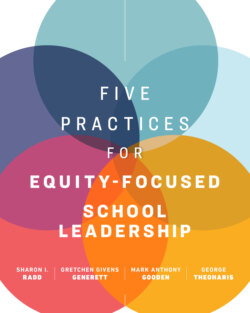Читать книгу Five Practices for Equity-Focused School Leadership - Sharon I. Radd - Страница 13
На сайте Литреса книга снята с продажи.
Historical
ОглавлениеWhen we say historical, we mean that the problems we face today have their roots in centuries of human experience. In Meadowbrook, many of the families buying homes in this fast-expanding community can trace their economic status back to the GI Bill, when their White grandfathers received federal assistance to attend college, participate in job training, start a new business, and buy a home following their military service in World War II. These benefits were disproportionately available to White male veterans but not necessarily African American or female veterans (Katznelson, 2006; Rothenberg, 2002). Given that higher wages and home ownership are two primary ways to build family wealth over time, 70 years and three generations later, the housing patterns, class differences, and residential segregation in Meadowbrook reflect that history.
Further, people carry their histories. Your histories inform what you think, how you feel, and how you react. This is true of everyone! People who have been taught that they're entitled to a good education assume and expect that, and will be on the lookout to demand it should they suspect the school is falling short. Conversely, people whose lived experience in schools includes a pattern of unfair, disrespectful, and exclusionary treatment toward their community will be on the lookout for signs that the pattern is repeating.
